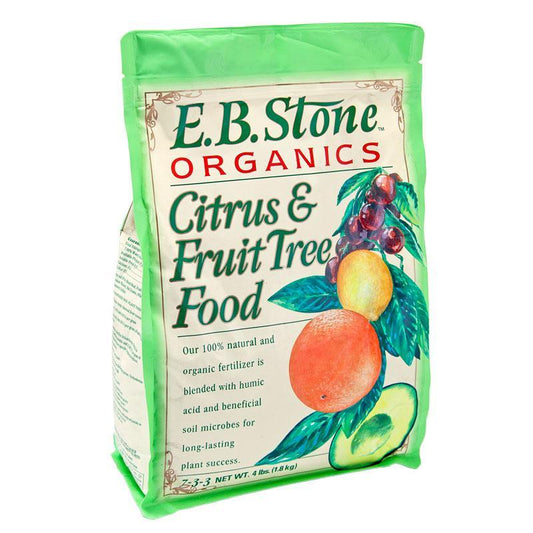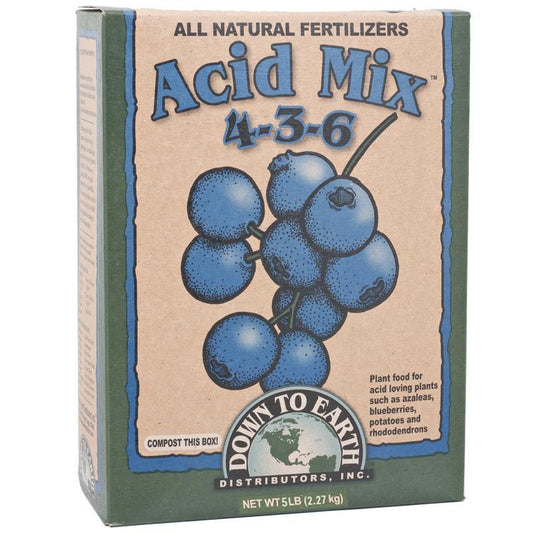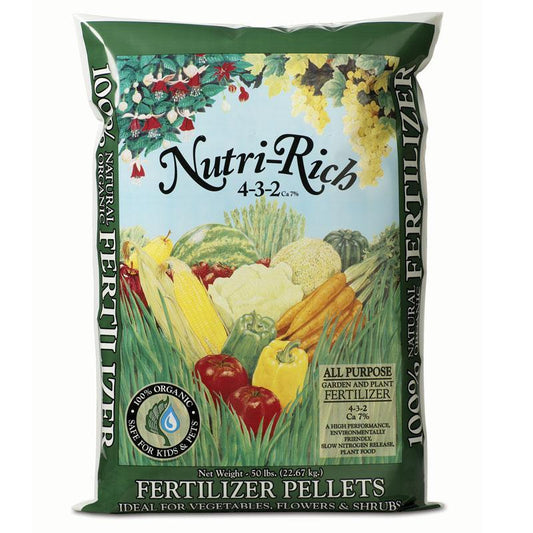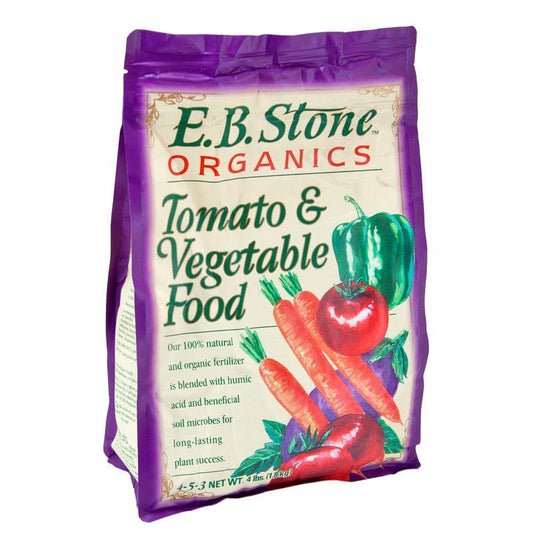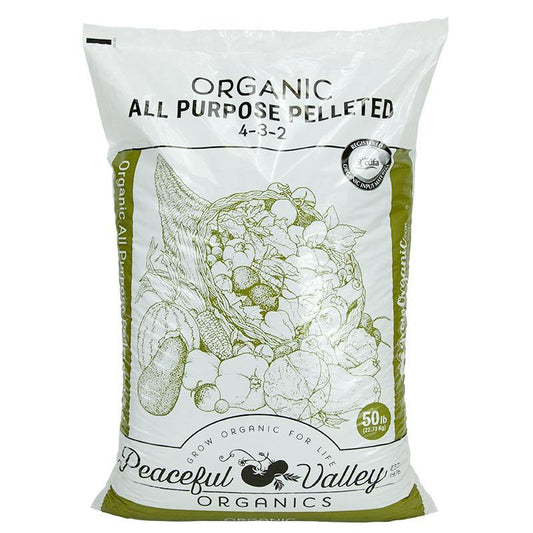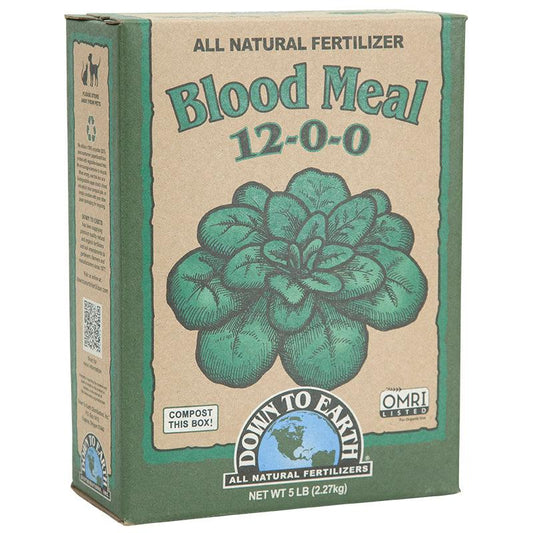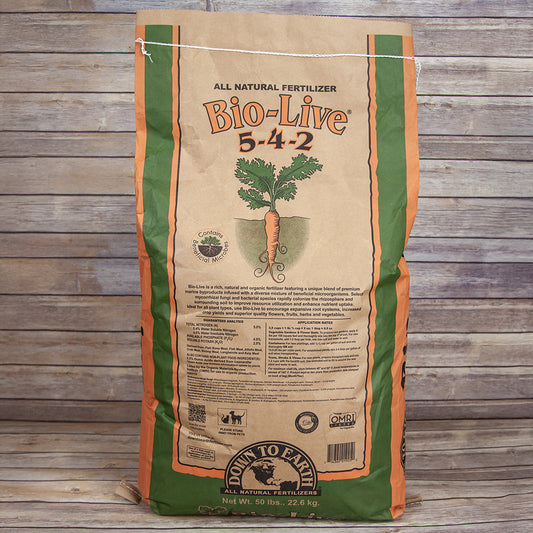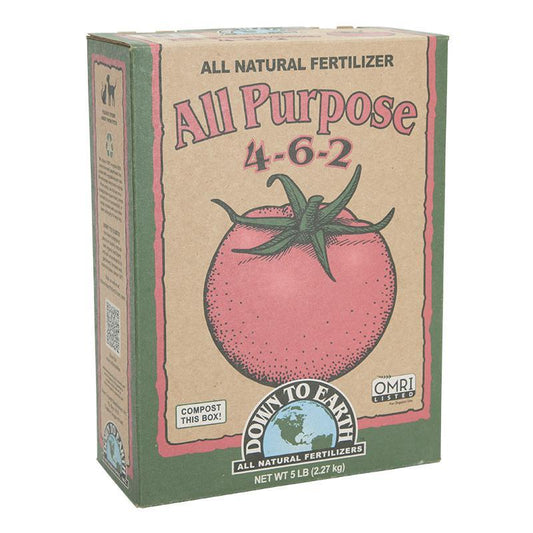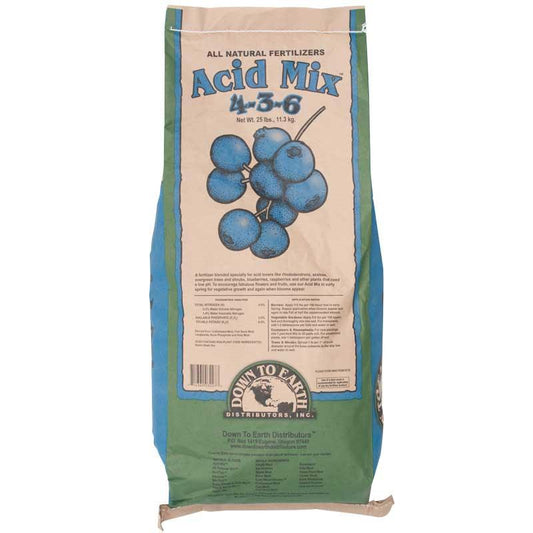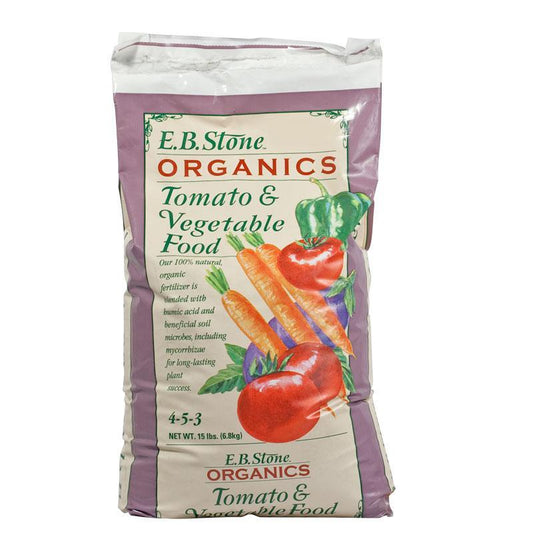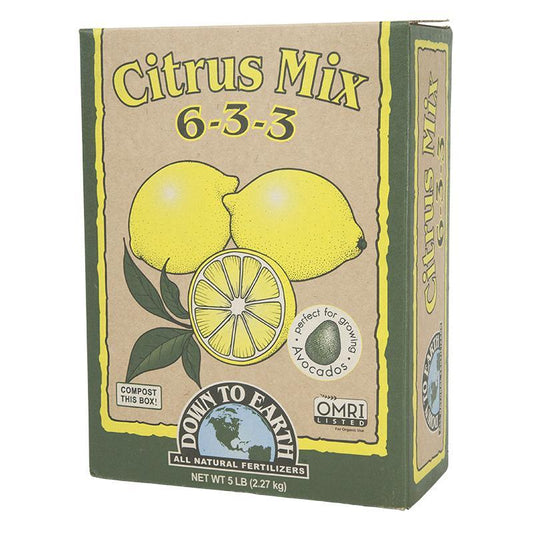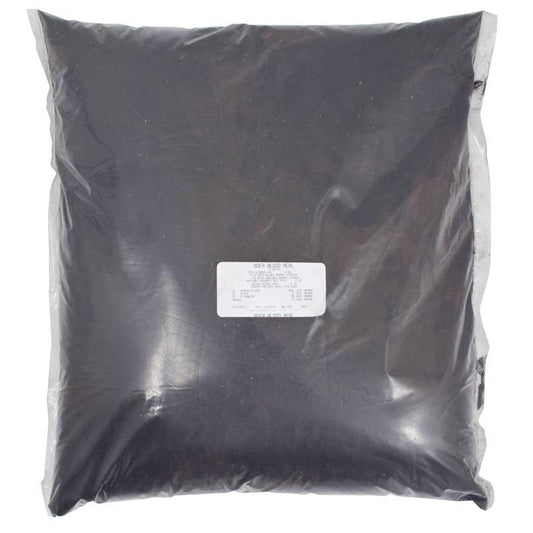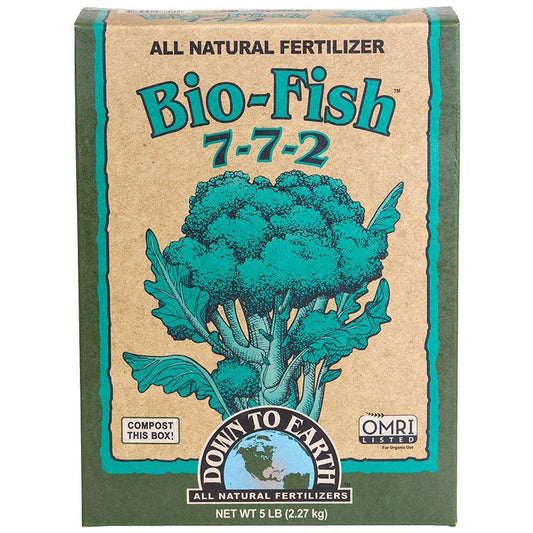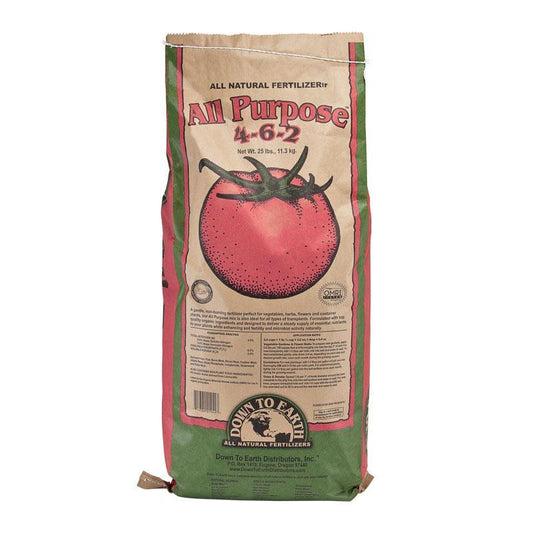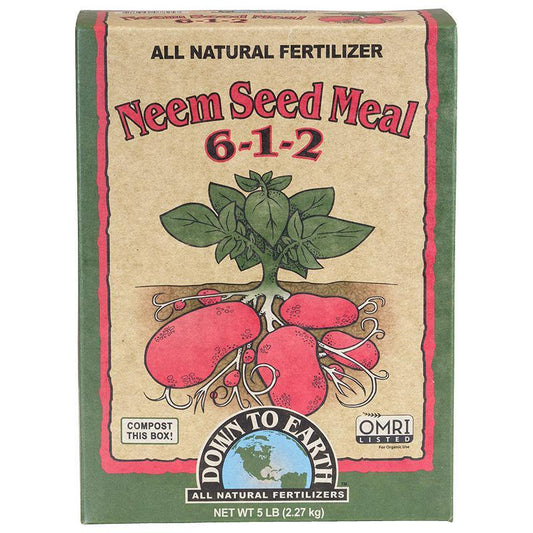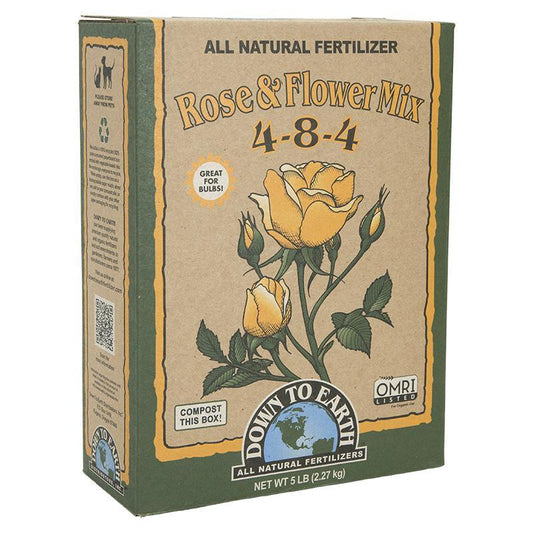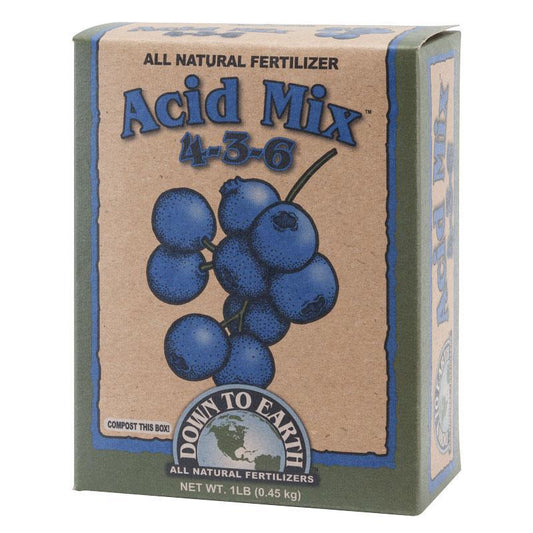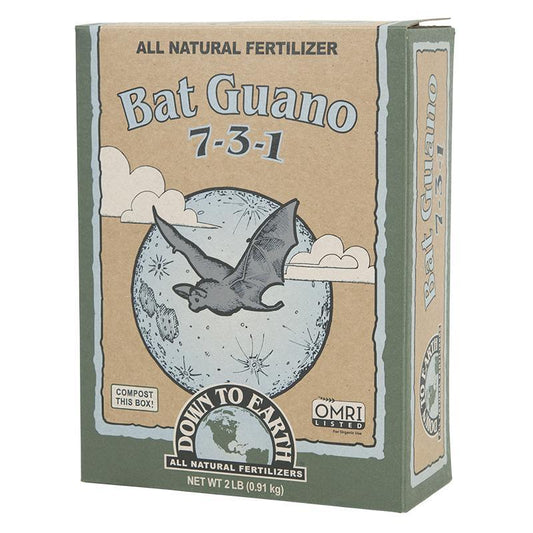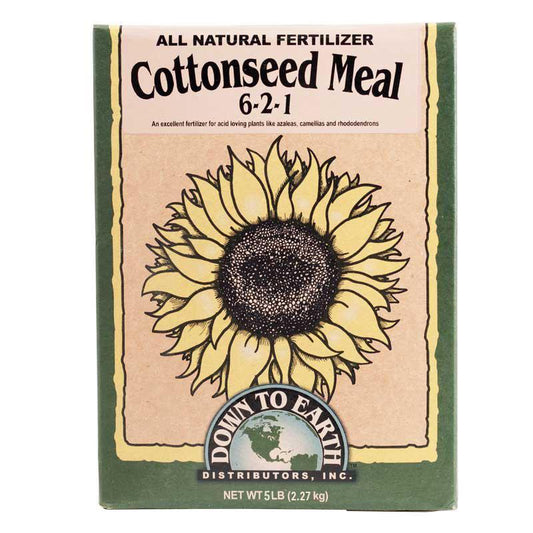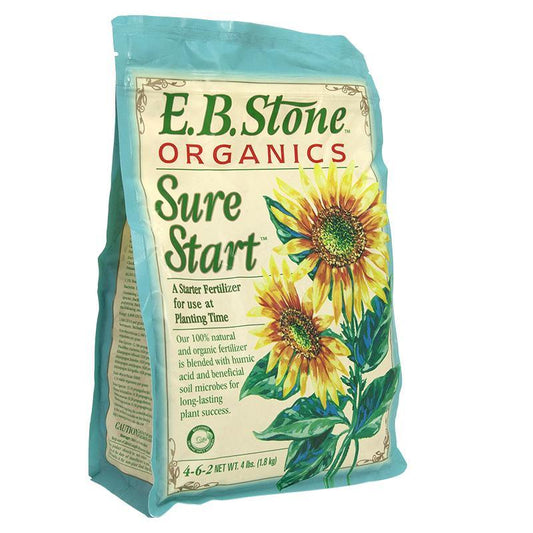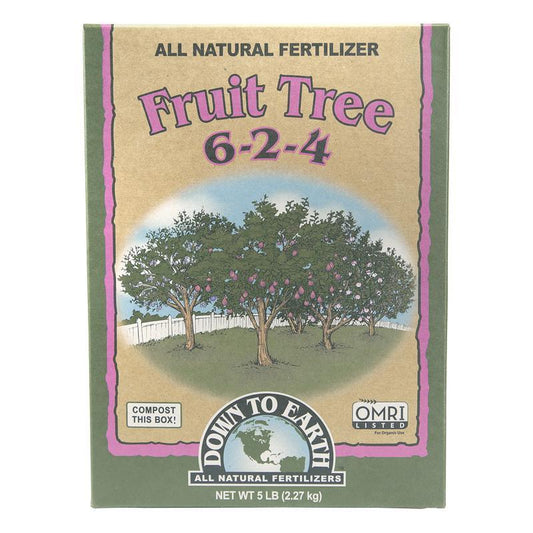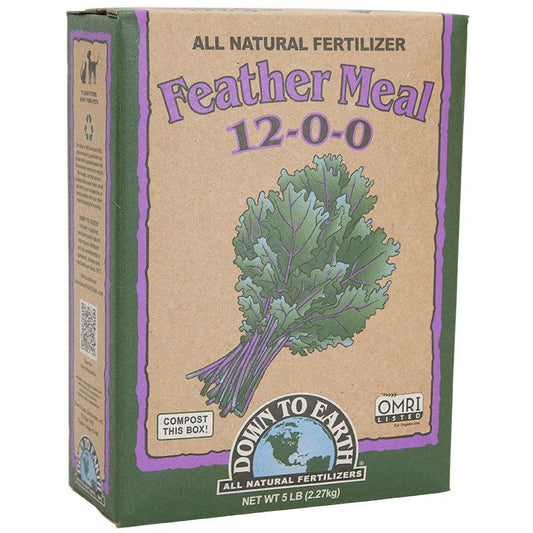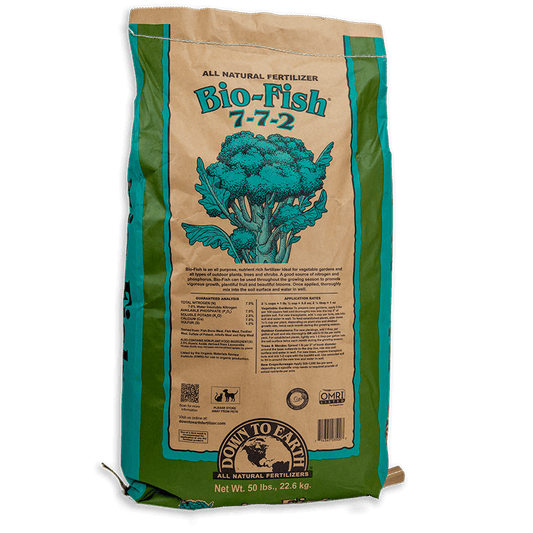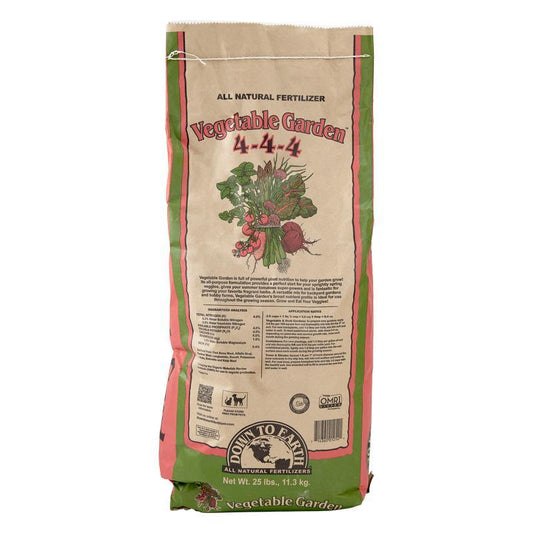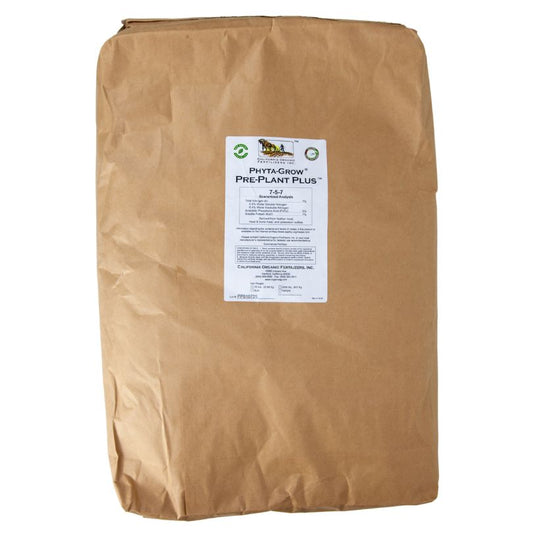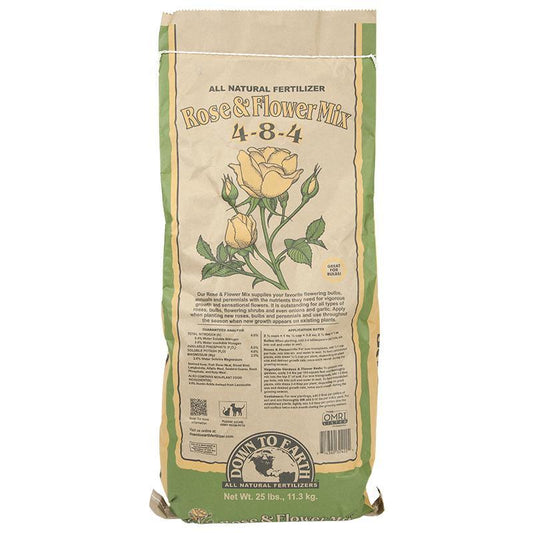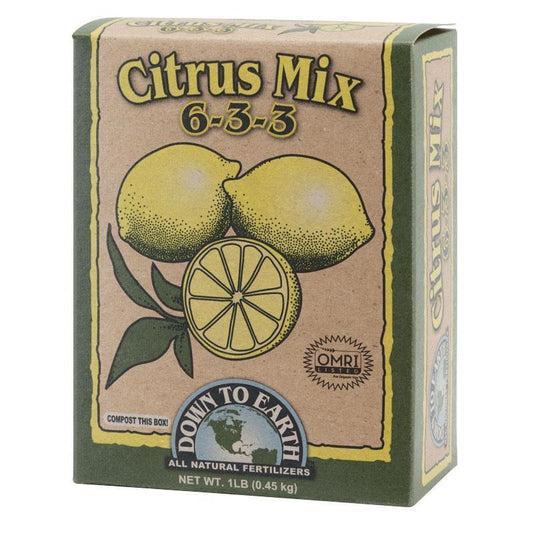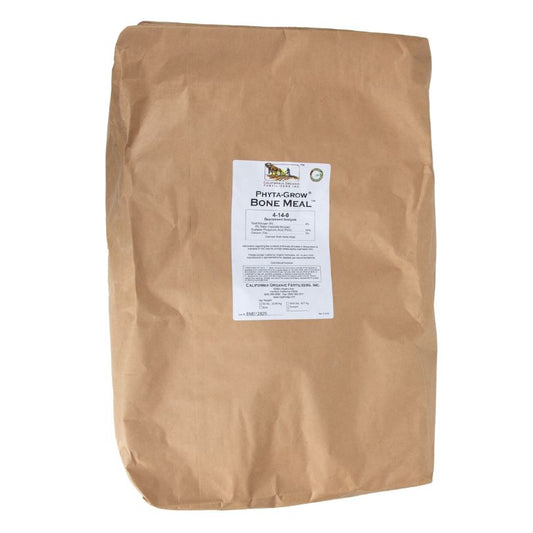Collection: Organic & Natural Nitrogen Fertilizers
Nitrogen is essential for plant growth, making nitrogen fertilizer a key component of healthy gardens and productive crops. Using a natural nitrogen fertilizer offers a sustainable way to enrich soil, while an organic nitrogen fertilizer supports eco-friendly farming and long-term soil health. When you apply nitrogen, maintaining proper soil moisture is crucial for optimal nutrient uptake. While synthetic nitrogen fertilizers from the Haber-Bosch process revolutionized agriculture, organic and natural nitrogen fertilizers remain vital for sustainable farming today.
Understanding Nitrogen's Role in Plant Growth
Nitrogen, along with phosphorus and potassium, are essential macronutrients required by plants. It is responsible for a range of vital functions within the plant, such as promoting leafy green growth, supporting photosynthesis, and aiding in the formation of proteins and enzymes. A deficiency in nitrogen can lead to stunted growth, yellowing leaves, and reduced crop yields.
The Benefits of Organic Nitrogen Fertilizer
Organic nitrogen fertilizers offer several advantages over their synthetic counterparts. They are derived from natural sources and are less likely to harm the environment or soil structure. Here are some key benefits:
-
Sustainability: Organic nitrogen fertilizers are typically derived from plant or animal sources, making them a renewable and sustainable option. They reduce the reliance on non-renewable resources used in synthetic fertilizers.
-
Soil Health: Organic nitrogen fertilizers improve soil health by increasing microbial activity and enhancing the soil's structure and water-holding capacity. This leads to improved nutrient absorption by plants.
-
Slow Release: Many organic nitrogen fertilizers release nutrients slowly, providing a consistent nitrogen supply to plants over an extended period. This reduces the risk of nutrient runoff and leaching.
-
Reduced Environmental Impact: Organic fertilizers have a lower environmental impact than synthetic counterparts. They are less likely to contribute to water pollution or harm beneficial soil organisms.
Types of Organic Nitrogen Fertilizers
Organic nitrogen fertilizers come in various forms, each with its unique characteristics and benefits. Here are some common types:
-
Compost: Compost is a rich source of organic nitrogen and provides plants a wide range of nutrients. It also improves soil structure and moisture retention.
-
Manure: Animal manure, such as cow, chicken, or horse manure, contains valuable organic nitrogen. However, it should be aged or composted before application to avoid potential pathogens.
-
Blood Meal: Blood meal is a high-nitrogen organic fertilizer derived from animal blood. It releases nitrogen gradually and is an excellent choice for nitrogen-hungry plants.
-
Fish Emulsion: Fish emulsion is a liquid fertilizer made from fish waste. It is a quick-release nitrogen source and provides other essential nutrients like phosphorus and potassium.
-
Feather Meal: Feather meal is a slow-release organic nitrogen fertilizer made from poultry feathers. It is an excellent option for long-term nitrogen supplementation.
-
Alfalfa Meal: Alfalfa meal is derived from dried and ground alfalfa plants. It contains moderate nitrogen levels and provides additional benefits, such as improving soil structure.
How to Use Organic Nitrogen Fertilizer
Using organic nitrogen fertilizers correctly is essential to maximize the benefits of organic nitrogen fertilizers. Here are some general guidelines:
-
Apply at the Right Time: Apply organic nitrogen fertilizers when the plants need them most. For example, leafy greens benefit from a nitrogen boost during early growth.
-
Follow Dosage Recommendations: Read the product labels for recommended application rates. Overapplication can lead to nutrient imbalances or environmental issues.
-
Incorporate into Soil: Mix organic nitrogen fertilizers thoroughly into the soil or apply them as a top dressing. Water the area after application to encourage nutrient absorption.
-
Monitor Soil Nutrients: Regularly test your soil to ensure it maintains optimal nutrient levels, including nitrogen. Adjust fertilizer applications as needed based on soil test results.
Organic nitrogen fertilizer is a sustainable way to boost plant growth and improve yields while supporting soil health. As a type of natural nitrogen fertilizer, it helps reduce environmental impact and offers long-term benefits for gardeners and farmers alike. To get the best results, apply nitrogen when soil moisture is adequate, ensuring efficient nutrient absorption. Understanding how to use each nitrogen fertilizer properly can lead to a more productive and eco-friendly growing season.
See our full collection of organic fertilizers and natural fertilizers for sale.


